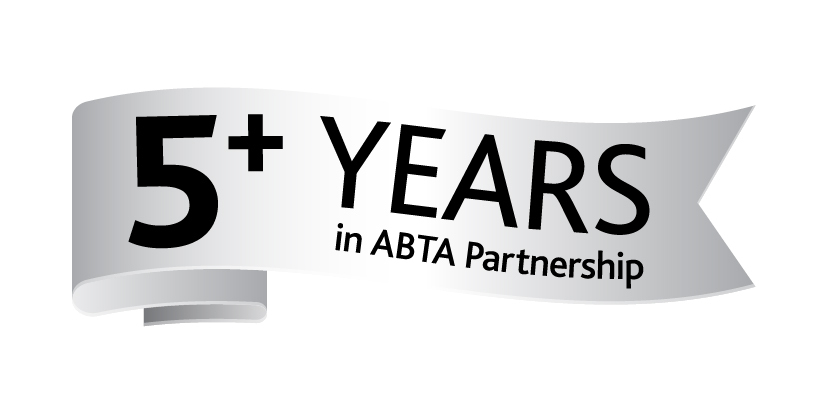After travelling by train to a meeting earlier this week, it struck me that I didn’t have to use my debit card once. My train ticket and parking were all handled through apps on my phone and paid for with nothing more than a simple thumbprint.
Now imagine if that same convenience extended to travelling abroad. Yes, we can book flights and hotel rooms via apps…but what if our passports were also accessible via an app, eventually negating the need to carry a physical version for some elements of travel? This is exactly the promise of the European Digital Identity Wallet (EUDI), set to roll out across the European Union next year. It’s not simply about payments; it’s about changing the way we identify ourselves forever, and nowhere will the impact be felt so acutely than in travel.
What is the EUDI Wallet?
In plain terms, it is an official one-stop shop that will let EU citizens and businesses securely store information including driving licences, passports and even banking information. When you need to prove who you are or share credentials, the wallet enables you to send only the information that is strictly required, meaning the user’s privacy is protected.
Security is a big deal (it has to be!). Multi-factor authentication, including biometrics like fingerprints or facial scans, ensures that only the right person can access and use the wallet. Plus, it is interoperable across all EU member states, so you can cross borders, open a bank account abroad or access government services online without setting up multiple accounts or going through repetitive verification steps.
Why the wallet matters
As flagged above, digital wallets have gradually become part of everyday life. Paying for coffee, storing train tickets, tapping a phone instead of a card. These tiny conveniences have made walletless living the norm. According to PYMNTS, 74% of US travellers already see digital wallets as essential. Among affluent travellers, that rises to 83%, and millennials, 82%. Convenience (or a lack of friction) drives loyalty, and loyalty drives revenue - no surprises there.
The potential pros in terms of travel
- Passport, boarding pass and reservations all stored in one place
- Secure digital verification with advanced encryption to protect data
- Convenience, security, privacy, faster access to services and legal recognition across the EU
- Cross border Interoperability that works across EU member states
- Digital signatures that are legally binding and reduce paperwork
- Better quality data for companies that are able to access this data directly
What could go wrong?
A wallet is only as useful as the ecosystem it connects to. Without standards, it might work just fine in one country but throw up glitches in another. Beyond interoperability, there are other challenges too. Data security will be under constant scrutiny, as a breach could undermine trust before adoption has taken hold. Technical failures or poor user experience could also slow uptake. And while citizens will not be forced to use the wallet, some may be reluctant to store sensitive information digitally, especially in an age where we’re becoming increasingly cautious about how our data is used.
However, this is where the EU’s Digital Wallet Consortium steps in. This collaborative initiative will ensure wallets, airlines, hotels and transport providers all communicate securely, sharing only the data that is actually needed. Technologically, we will have things sussed although as the recent arrest of phone stealing gangs in London highlight, our phones are already highly prized assets for thieves. This is likely to get worse as more of our lives are stored on a single device that can be snatched in seconds.
What happens next?
The rollout will be gradual but inevitable. By the end of next year, EU member states must support digital ID, though it’s important to note citizens will not be forced to use it. Airlines, hotels, car rental providers and OTAs should start exploring partnerships now. Marketing strategies might also need a rethink, because highlighting the convenience and security of wallet-based bookings could soon be a serious advantage. Think about it - if one booking platform lets you instantly share passport info via your wallet while another makes you manually enter it, which would you pick? It’s a no-brainer.
The scheme isn’t quite at the point where physical passports can be left at home, but in ten years’ time, it’s likely that EU travellers (perhaps us Brits too!) may routinely use digital identity for every aspect of travel.
For travel brands, the takeaway is pretty straightforward. Adopt early, integrate broadly and make sure your customers understand the benefits. The world is moving towards smoother, safer and more personalised travel experiences – it’s wise to move with it.





